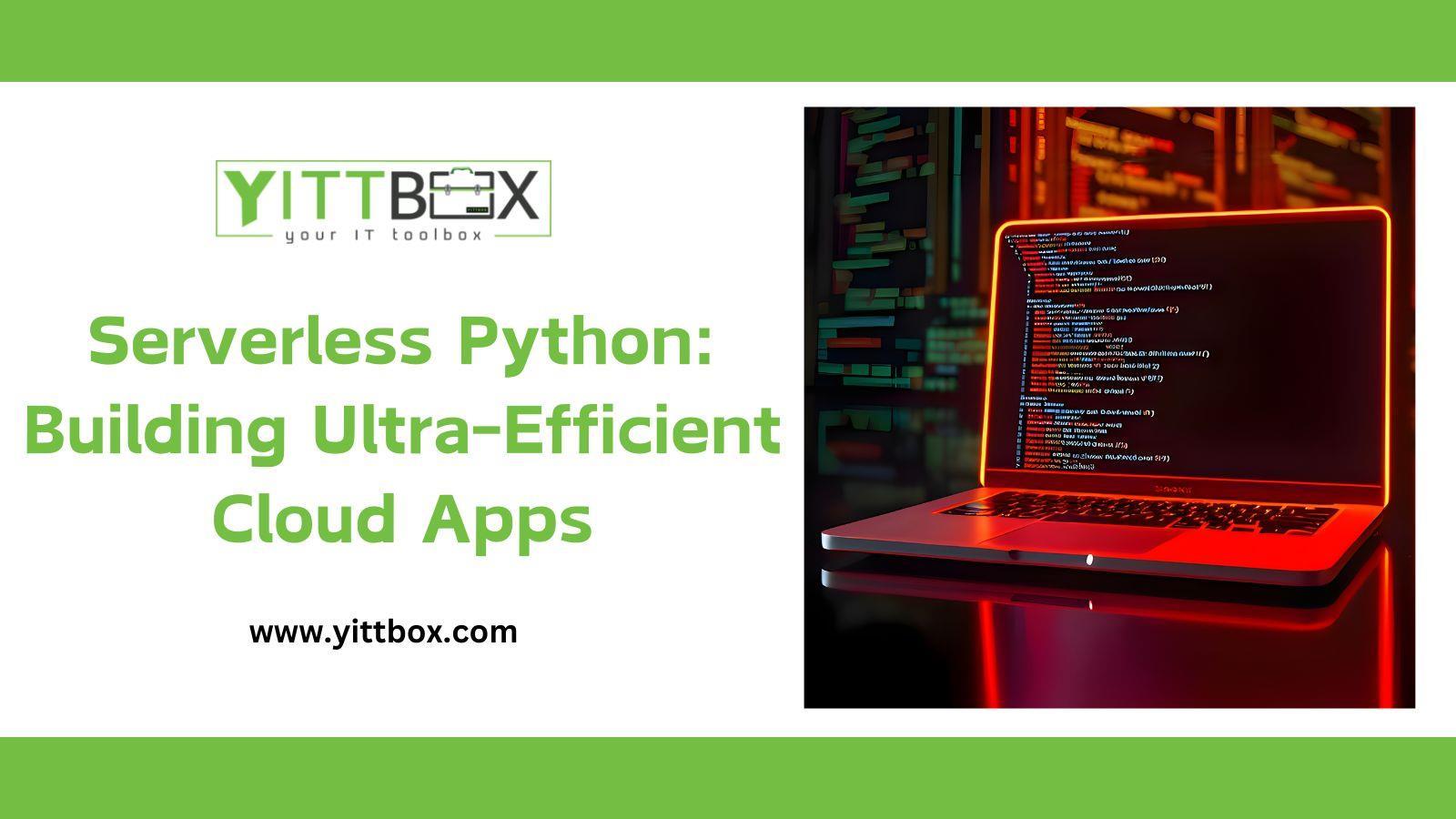Top Skills Every Accessibility Specialist Needs for Effective Learning Tools
As education technology transforms learning across schools, colleges, and universities, the demand for experts who ensure digital content is accessible to all learners continues to rise. Accessibility specialists play a crucial role in the EdTech space, shaping learning tools that cater to students with disabilities and diverse needs. If you’re seeking a rewarding career in education technology, understanding the top skills every accessibility specialist needs will set you apart and help you build a more inclusive academic surroundings.
Why accessibility Matters in Education technology
Accessibility in EdTech means providing all students — nonetheless of disability — equal access to educational materials and digital learning tools. With legal frameworks like the Americans with Disabilities Act (ADA) and Section 508 of the Rehabilitation Act, education institutions are under increasing pressure to prioritize accessibility. By ensuring learning platforms and resources are accessible, Accessibility Specialists promote equal possibility, boost academic achievement, and foster positive educational experiences.
Top Skills Every Accessibility Specialist Needs
To be an effective Accessibility Specialist in the education technology field, you need a blend of technical, analytical, and interpersonal skills. Let’s explore the essential abilities that will empower you to thrive in universities, colleges, and schools.
1. In-depth Knowledge of Accessibility Standards
- WCAG (Web Content Accessibility Guidelines): Familiarity with WCAG 2.1 and up is vital, as these guidelines set the international standard for web and digital accessibility.
- Section 508 Compliance: Understanding Section 508 requirements ensures that all electronic and information technology is accessible to people with disabilities.
- Other Relevant Standards: Awareness of accessibility laws such as the ADA, EN 301 549 (European standard), and local regulations helps maintain compliance.
2. Technical Proficiency
- Assistive Technology Tools: Proficiency with screen readers (such as JAWS, NVDA, VoiceOver), magnifiers, option input devices, and captioning tools is essential.
- HTML,CSS,ARIA,and JavaScript: A solid grasp of coding accessibility-enhanced web components helps in identifying and fixing accessibility barriers.
- Learning Management Systems: Experience with LMS platforms (like Moodle, Blackboard, Canvas) and their accessibility features can make integration smoother.
3. Evaluation and Testing Skills
An effective accessibility Specialist must be adept at evaluating educational technologies for accessibility issues. Key skills include:
- Manual and Automated Testing: Performing manual audits and using tools such as Axe, WAVE, and Lighthouse to identify accessibility barriers in learning tools.
- User Testing: Involving users with disabilities in usability testing to pinpoint real-world challenges and solutions.
- Reporting: Documenting findings clearly and providing practical recommendations for developers and educators.
4. Instructional Design for Accessibility
- Worldwide Design for Learning (UDL): Applying UDL principles ensures content accommodates diverse learning styles and abilities.
- Accessible Multimedia: Creating captions, audio descriptions, and transcripts for video and audio resources.
- Accessible Document Preparation: Ensuring PDFs, eBooks, slides, and handouts are formatted for compatibility with assistive technologies.
5. Interaction and Collaboration
- Training and Advocacy: The ability to train faculty, staff, and IT professionals on accessibility best practices and the use of accessible learning tools.
- Interdepartmental Collaboration: Working with instructional designers,IT specialists,disability support staff,and administrators to foster an inclusive environment.
- clear Documentation: Producing guidelines, training materials, and support documents that are easy to use and understand.
6. Problem Solving and Adaptability
- analytical Thinking: Diagnosing accessibility issues and developing creative, viable solutions within project constraints.
- Continuous Learning: Staying up to date with emerging technologies, new accessibility standards, and best practices in the education sector.
- Adaptability: Adjusting processes and recommendations to accommodate changing technologies and institutional needs.
Benefits of strong Accessibility Skills in EdTech Roles
Investing in accessibility skills brings significant benefits both to your career and the wider education community:
- Expanded Employment Prospects: Accessibility specialists are in high demand across universities, colleges, and schools, opening doors to diverse EdTech roles.
- legal and Ethical Compliance: Skilled specialists help institutions meet legal obligations and create fair learning environments.
- Enhanced Student Outcomes: Accessible learning tools improve academic achievement and engagement for all learners, including those with disabilities.
- Reputation building: Contributing to inclusivity establishes you and your institution as leaders in the field of education technology.
certification and Professional development
To stand out in the education technology job market, consider pursuing relevant certifications and continued learning opportunities, such as:
- Certified Professional in Accessibility Core Competencies (CPACC): International Association of Accessibility Professionals (IAAP) certification focusing on foundational knowledge.
- Web Accessibility Specialist (WAS): Advanced IAAP certification for those focusing on the technical implementation of accessibility.
- Online Courses and Workshops: Participate in professional training offered by universities, industry organizations, and accessibility advocacy groups.
Practical Tips for Aspiring Accessibility Specialists
- Build a Portfolio: Document and showcase real-world accessibility projects, such as accessible website audits or accessible course design.
- Join Accessibility Communities: Network with peers, exchange best practices, and stay updated on industry trends through forums or groups.
- Keep Learning: subscribe to accessibility blogs, attend webinars, and read up on new regulations and technology updates.
- Gain Hands-On Experience: Volunteer for accessibility assessments at your institution or local organizations.
- Request Feedback: Work closely with people with disabilities and seek their insights for continuous advancement.
Conclusion: Shaping the Future of Inclusive Learning
Accessibility Specialists are pivotal in ensuring effective, inclusive learning tools in education technology. by mastering accessibility standards, technical skills, evaluation methods, instructional design, communication, and adaptability, you can make a lasting impact at universities, colleges, and schools. Not only will you enrich your own career prospects, but you’ll also help create a more equitable academic experience for every learner. Start developing these essential skills today, and be at the forefront of positive change in the EdTech landscape.

